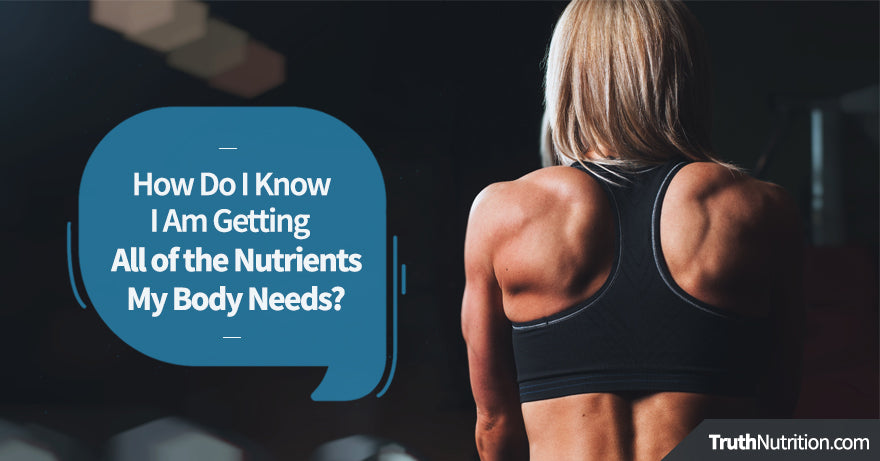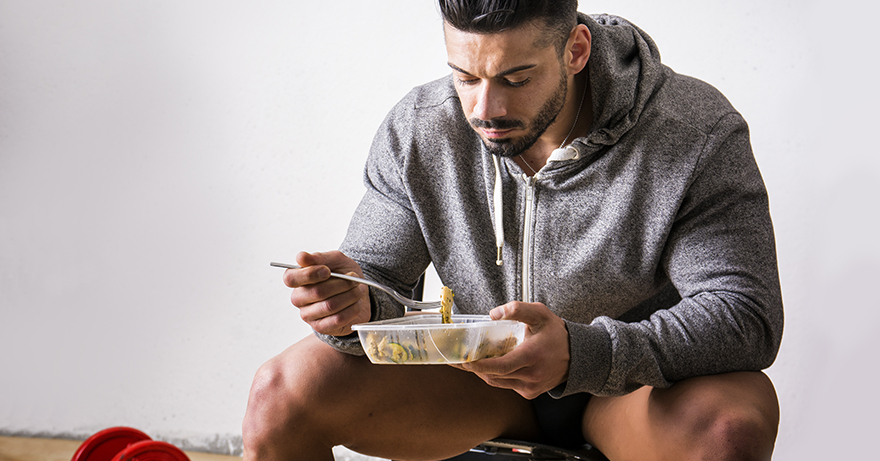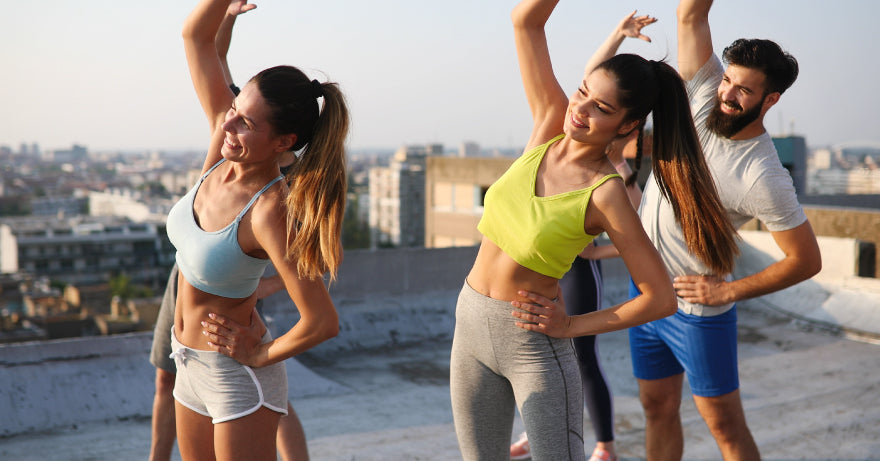How Do I Know I Am Getting All of the Nutrients My Body Needs?

In order to look at what nutrients we might be missing, it’s important to first look at key members of the population who might be at risk of nutrient deficiencies.
1. Vegetarians/Vegans – B12, Calcium, Iron, Zinc, Choline, Omega-3
2. People with jobs inside – Vitamin D
3. Those who don’t eat fish – Omega-3
4. Those who don’t cook – A variety
These aren’t the only people who are at risk of being deficient, but if these apply to you, then it may be time to look at your diet and see what you’re actually eating.
Thankfully, as our knowledge of nutrition has advanced, so has our technology. MyFitnessPal is a great app for keeping track of your calories, weight, and exercise habits, but it doesn’t have the feature yet to fully track all of your micronutrients. That’s where Wholesome comes in. All you have to do with wholesome is plug in the foods and rinks you consume throughout the day and it’ll tell you data about a range of vitamins and minerals, giving you totals for your meal and your day. it also contains helpful recipes which are scored out of 10 on their nutrition density and are categorised based upon their benefits for the body.
One of the most helpful pieces of advice to make sure that you’re getting all of the right micronutrients is to eat 3 sources of fruit or vegetables with every meal all of a different colour. The colour of a food determines the minerals inside. For example, beta-carotene is what gives carrots their bright orange colour. By making sure to eat a healthy serving of a variety of differently coloured fruits and vegetables, you’ll be getting in a wide range of different vitamins and minerals.
Lastly, if you do believe yourself to be at risk of a deficiency, then it might be time to start supplementing. Not all supplements work of course, but to separate the wheat from the chaff, you can use the website Examine. Simply search the ingredient or the condition you want to know more about and it’ll give you the pros, cons, evidence, and recommended actions including the dose. If you’re ever unsure about what to take, then this website provides scientifically-backed, unbiased advice to help keep you from getting confused.
Also in Featured Articles

Cross Training Improves Fitness and Reduces Injury
You may be in great shape, for the sort of exercise you do routinely. But if that's all you do, day after day, you may be setting yourself up for injury or mental burnout, and that is not a good way to get fit. What can help prevent injury and burnout? Cross training.

7 Nutrition Hacks for Elite Performance You’ve Never Tried Before
As athletes progress toward higher levels of competition and training, nutrition plays a much bigger role in their ability to perform and recover. Aside from simply receiving adequate caloric intake, there are other roles nutrition plays and systems that it influences.

Exercise helps inhibit cancer - Breakthrough study reveals how
Exercise affects almost all tissues in the body, and scientists have found that being physically active can reduce the risk of several types of cancer as well as improving outcomes for cancer patients.

